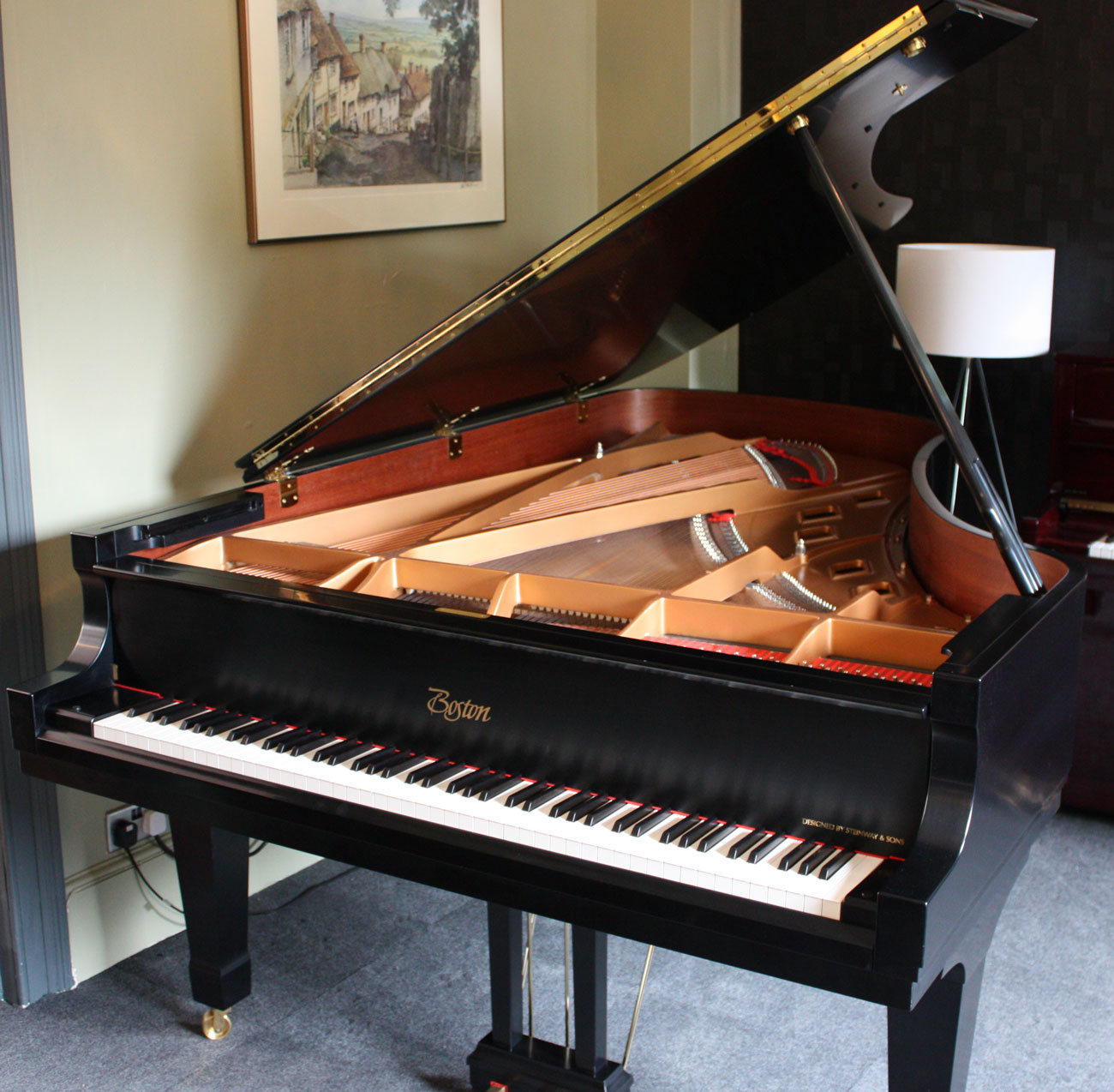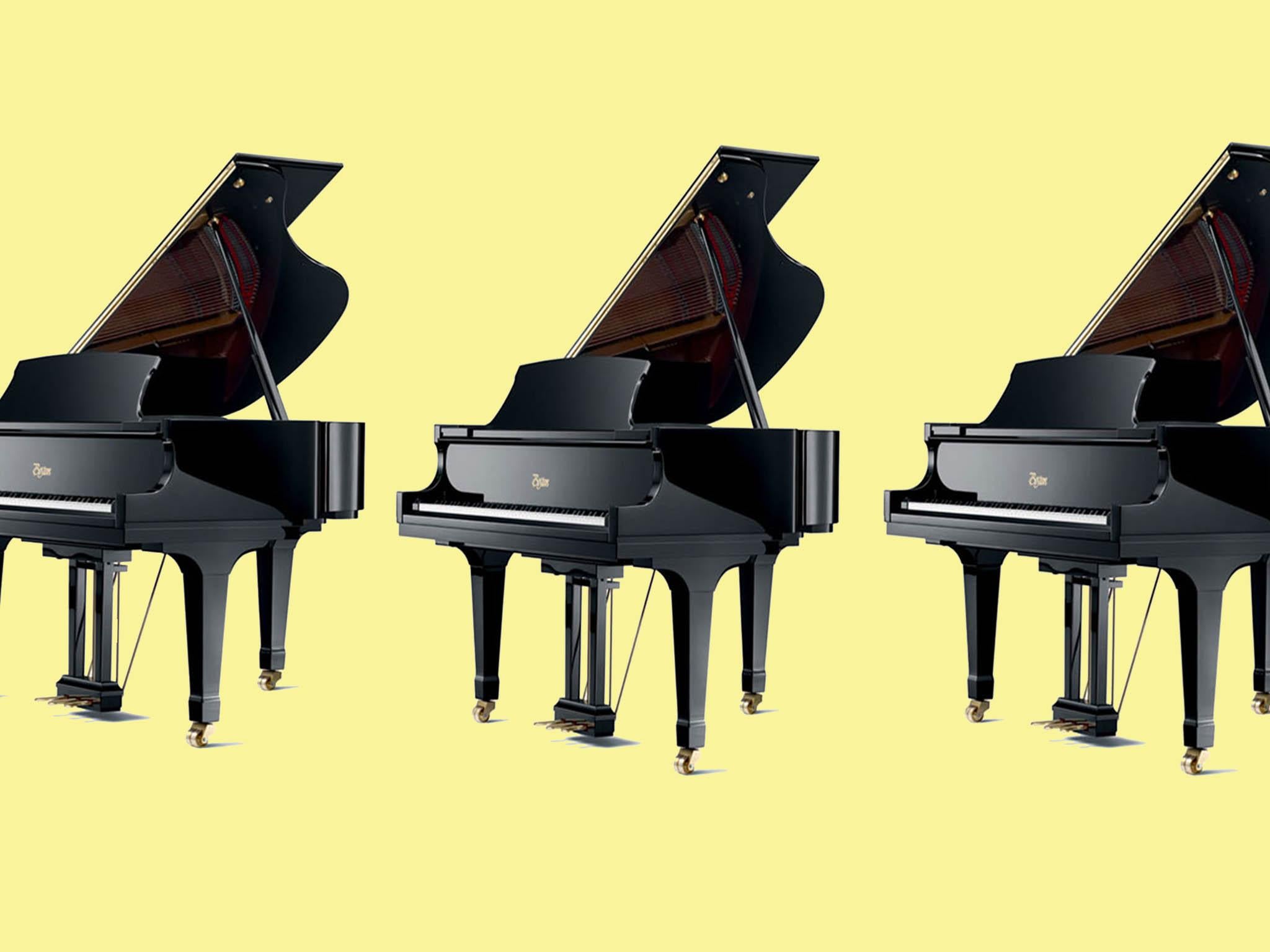

Most musicians who play regularly have their pianos tuned twice a year: once in the spring and again in the fall.
PIANO TUNER IN BOSTON SOFTWARE
Tuning equipment and software used by professionals cost much more (and many tuners we spoke with warned that cheaper, basic equipment isn’t accurate). Basic electronic tuners cost less than $50 and tuning software packages (used in conjunction with a computer equipped with a microphone) cost between $75 and $300. If you’re not confident that you can tell by ear whether your piano needs to be tuned, you can use an electronic tuner or software. Another way to tell by ear is to use a pitch fork (basic models cost between $20 and $60). One way to judge is to listen carefully for inaccurate notes while playing simple scales and chords: notes that are out of tune will more easily reveal themselves when played before or after other, in-tune notes, or as part of common chords. Since a piano becomes out of tune very slowly over time, you can actually become accustomed to the sound it creates-even if that sound is out of tune. It may be difficult for you to judge on your own whether or not your piano needs to be tuned. Ultimately, your own tolerance and usage will determine how often you’ll want to have your piano tuned. But some pianos will become out of tune faster than others because of their construction and the differences in humidity levels from region to region, home to home, and even room to room. Most experts recommend tuning once or twice per year. Unfortunately, there’s not a great deal of consensus among piano manufacturers and tuners about how frequently pianos used in homes should be tuned. That’s why pianos used in concert halls and recording studios are tuned before each session. Since humidity levels change almost constantly, technically speaking, it is virtually impossible to keep a piano perfectly in tune. That, in turn, tightens or loosens the string tension, causing the piano to become out of tune. As changing humidity levels make a soundboard expand or contract, the bridge is raised or lowered. Soundboards are very delicate, and attract and lose moisture easily. Similar to most stringed instruments, sound produced by a piano’s strings is amplified as a result of the vibrations being carried across a wooden “bridge” to a soundboard, which is a long, thin, wooden piece set into the piano. The sound produced by a vibrating piano wire alone is pretty weak. Why Do It? How Often?Ī piano creates sounds when its padded hammers, connected to its keys, strike metal wires of different gauges and lengths. What you get out of it depends on how you play it.” Well, what you get out of a piano may also depend on how often you tune it.

You may have heard the saying: “Life is like a piano.


 0 kommentar(er)
0 kommentar(er)
